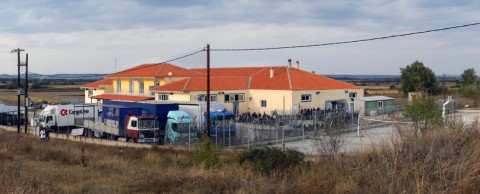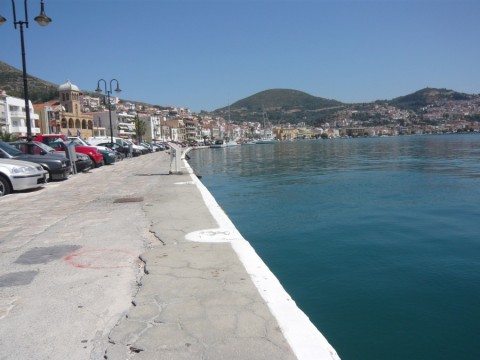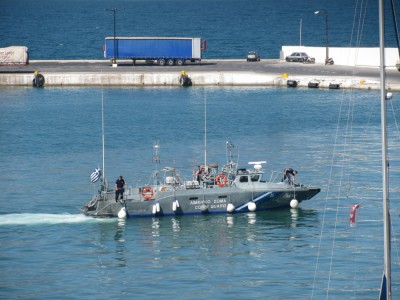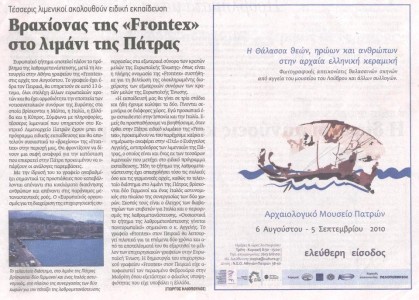Statement of the network afrique-europe-interact, welcome to europe and network critical migration and border regime research. If you would like to sign, please send a short mail containing name/organisation and city to fsf@antira.info.
Download a pdf in the following languages: english arabic french italian spanish german
Freedom, not Frontex
There cannot be democracy without global freedom of movement
The dynamic of the Arab spring is emanating into the entire world. The movements of revolt in the Maghreb encourage and give hope, not only because despotic regimes that have been believed invincible were chased away. Although the direction of further developments remain open it is obvious that the domino effect of the Tunisian jasmine revolution swiftly brought back the old insight that history is driven from below. The struggles are directed against the day-to-day poverty as well as against general oppression, they are as much about better living conditions as they are about dignity, in short: “bread and roses”.
Continue reading ‘Freedom, not Frontex’








